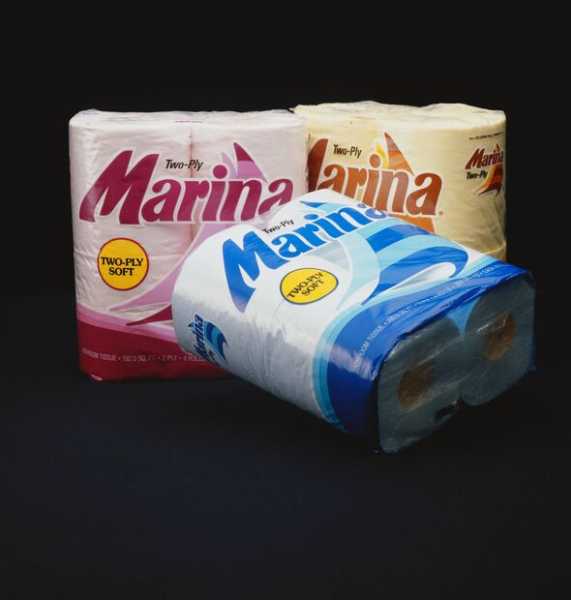MONOPOLY is a staple board game often found in the family home – but it was originally designed to teach players a shocking moral lesson about society.
Monopoly has been a family favourite for years ever since its release back in 1935, and it will have undoubtedly resurfaced in many homes during lockdown. Players have to move around the board, buying or trading properties and attempting to push their opponents into bankruptcy by collecting rent from them. However, the famous game actually originated from The Landlord’s Game, established by leftwing American Lizzie Magie in 1903.
Ms Magie was head of her own household at the time, having saved up and purchased her own house with several accompanying acres of land.
She herself was a landlord and had a lodger, yet she was keen to explore the nature of property ownership.
According to the BBC’s history programme, Witness, Ms Magie’s 1904 specification for the game read: “The object of the game is to obtain as much wealth, or money, as possible.
“The player having the greatest amount of wealth at the end of the game, after a certain number of predetermined circuits of the board have been made, being the winner.”
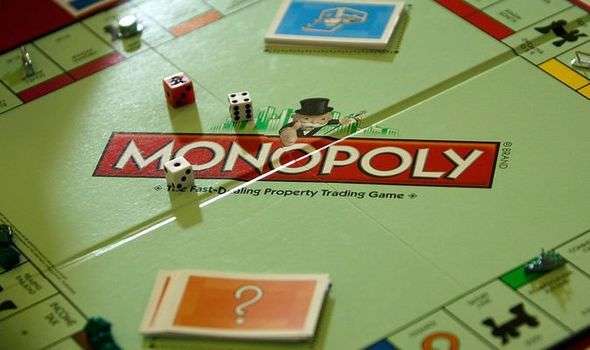
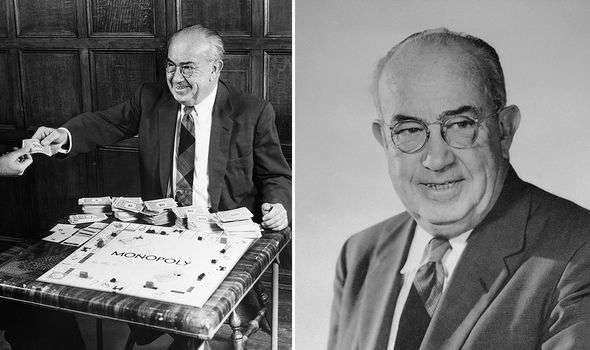
Speaking back in December, BBC journalist Louise Hidalgo explained that for Ms Magie it was “not just a game but a way of spreading the word about what she saw as the evils of monopolies”.
Writing in a political magazine many years ago, Ms Magie explained the premise, saying: “It is a practical demonstration of the present system of land-grabbing with all its usual outcomes and consequences.
“It might well have been called the ‘Game of Life’ as it contains all the elements of success and failure in the real world, and the object is the same as the human race in general seem[s] to have, i.e., the accumulation of wealth.”
In 1924, she took out a second patent for the game, and although she did not market a particular board, the game soon developed a mass following.
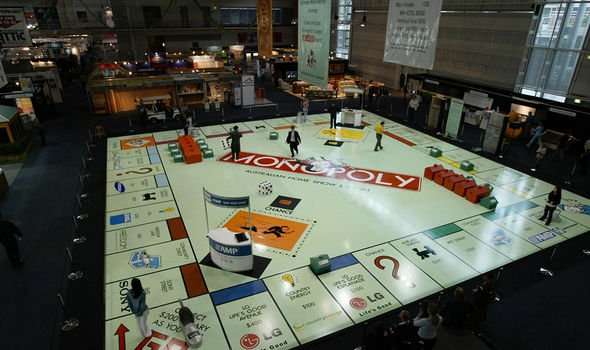
Families were to make their own boards and use bits and bobs from around the house as tokens to move around the different properties.
Each town ended up localising the game and adapting it with the landmarks most familiar to its tenants.
The game grew among leftwing intellectuals and university students.
DON’T MISS
PS4 Black Friday 2018: Best PlayStation deals at Argos, GAME, Amazon [INSIGHT]
Monopoly to launch new Cheaters’ Edition [EXPLAINED]
Monopoly reboot: Can ‘bored’ games pass Go into the modern world? [INSIGHT]
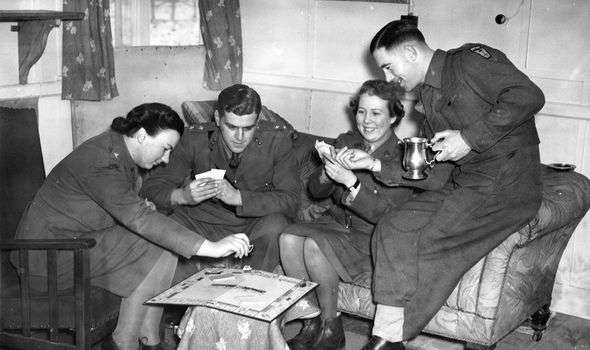
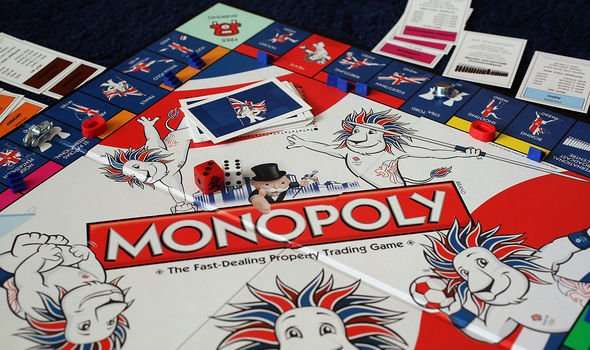
Ms Magie did also create two different sets of rules, after years of tweaking the game to fit the message she was trying to convey.
According to The Guardian back in 2015, one set was an “anti-monopolist set in which all were rewarded when wealth was created” while the other was a “monopolist set in which the goal was to create monopolies and crush opponents”.
It was the latter version of the game which has lived on.
Trending
The article continued: “To [Magie] the problems of the new century were so vast, the income inequalities so massive and the monopolists so mighty that it seemed impossible that an unknown woman working as a stenographer stood a chance at easing society’s ills with something as trivial as a board game.”
However, Monopoly has not lived on in Ms Magie’s name, despite her later attempts to reclaim the game.
Fellow American Charles Darrow picked the game up from a friend’s house, recorded the rules and then sold it to Parker Brothers, earning himself royalties throughout the rest of his life.
Sourse: www.express.co.uk





